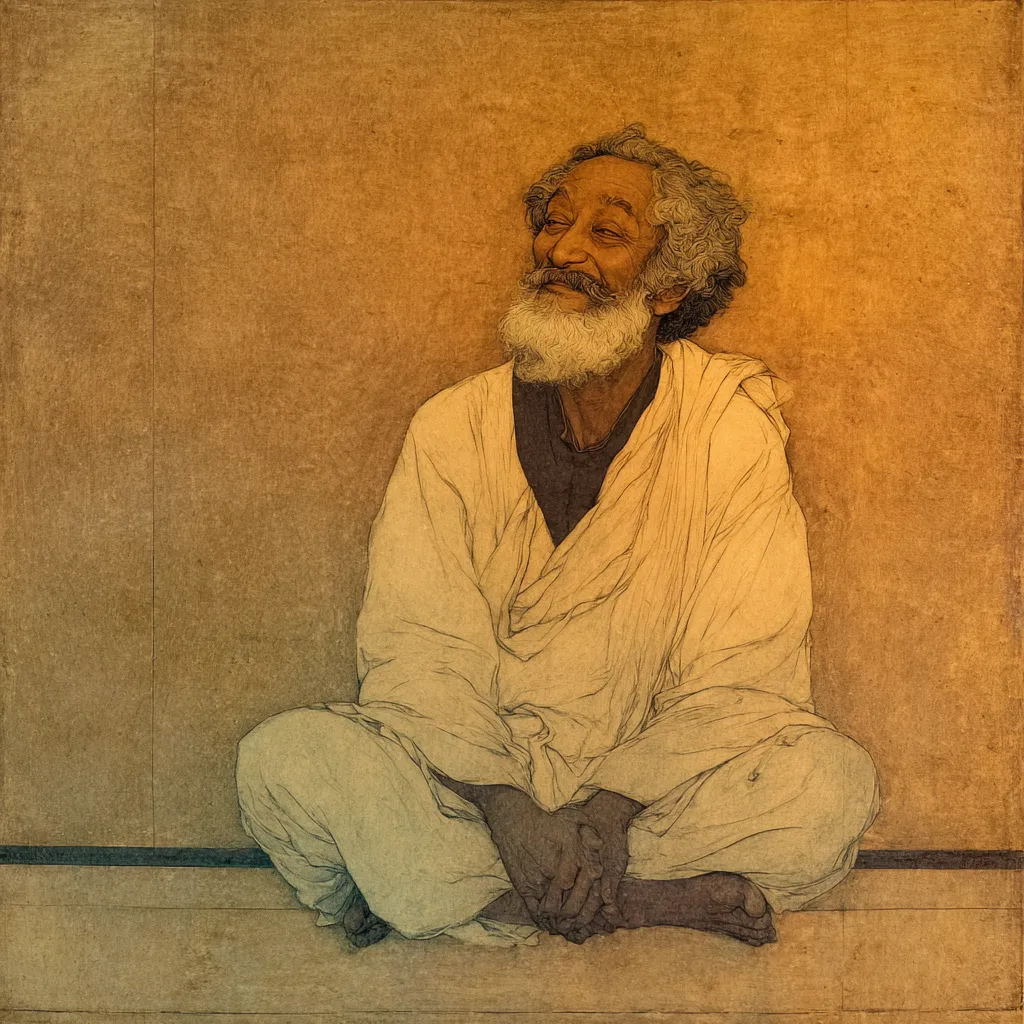Being A Slave To The Senses
I am sitting in my study, looking out of the window that faces the trees. It is raining, a slight drizzle with light wind in which trees dance as if they are swaying to a mellifluous tune. The scene is a delight to the eyes, a balm for the soul and the pitter-patter a sonorous tune for the ears. My thoughts are towards the Kuche chole, which my wife has brought from Delhi. I am being an ecological hedonist. This scene is elevating my senses when a car horn breaks the reverie and irritates me. The calm is destroyed, and my mood shifts. In effect, I am a slave to my senses.
I have been trying to understand Indian philosophy for some time. I have read The Gita and am currently reading An Autobiography of the Yogi. One of the recurrent themes in both books is man’s desire to be one with infinity. This is only possible if I one has control over his senses. In effect, it is not the senses that should guide the man, but man should have control over them and use them for what they are intended for. In effect, it talks about altruism, minimalism and balance. The key themes repeated throughout the world from Hinduism, Taoism, Meditations by Marcus Aurilies to even the poem If by Rudyard Kipling. The wisdom of human civilisation comes down to keeping a balanced head and being stoic.
And yet our world is filled with advertisements enticing us to go for excess. That designer shirt, the new shiny car, the latest phone and eating at that Michelin-star restaurant. We do it to satisfy our ego, curb our jealousy or make others jealous. And hence, senses are nothing but the instruments through which the ego exerts control. To truly conquer the senses means to defeat and kill the ego. Ego death is the way to enlightenment, fulfilment and happiness and that is why it is the most difficult.

